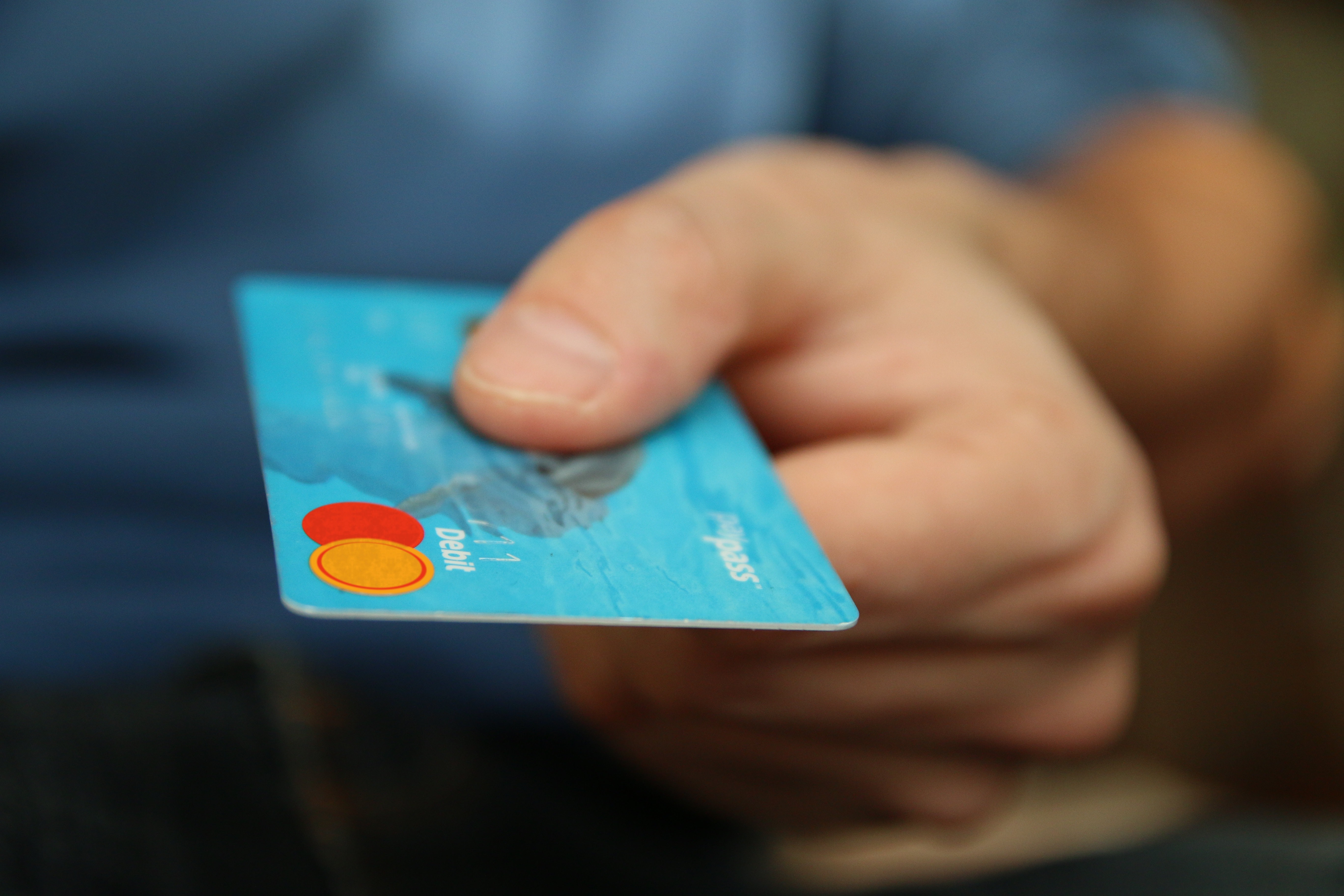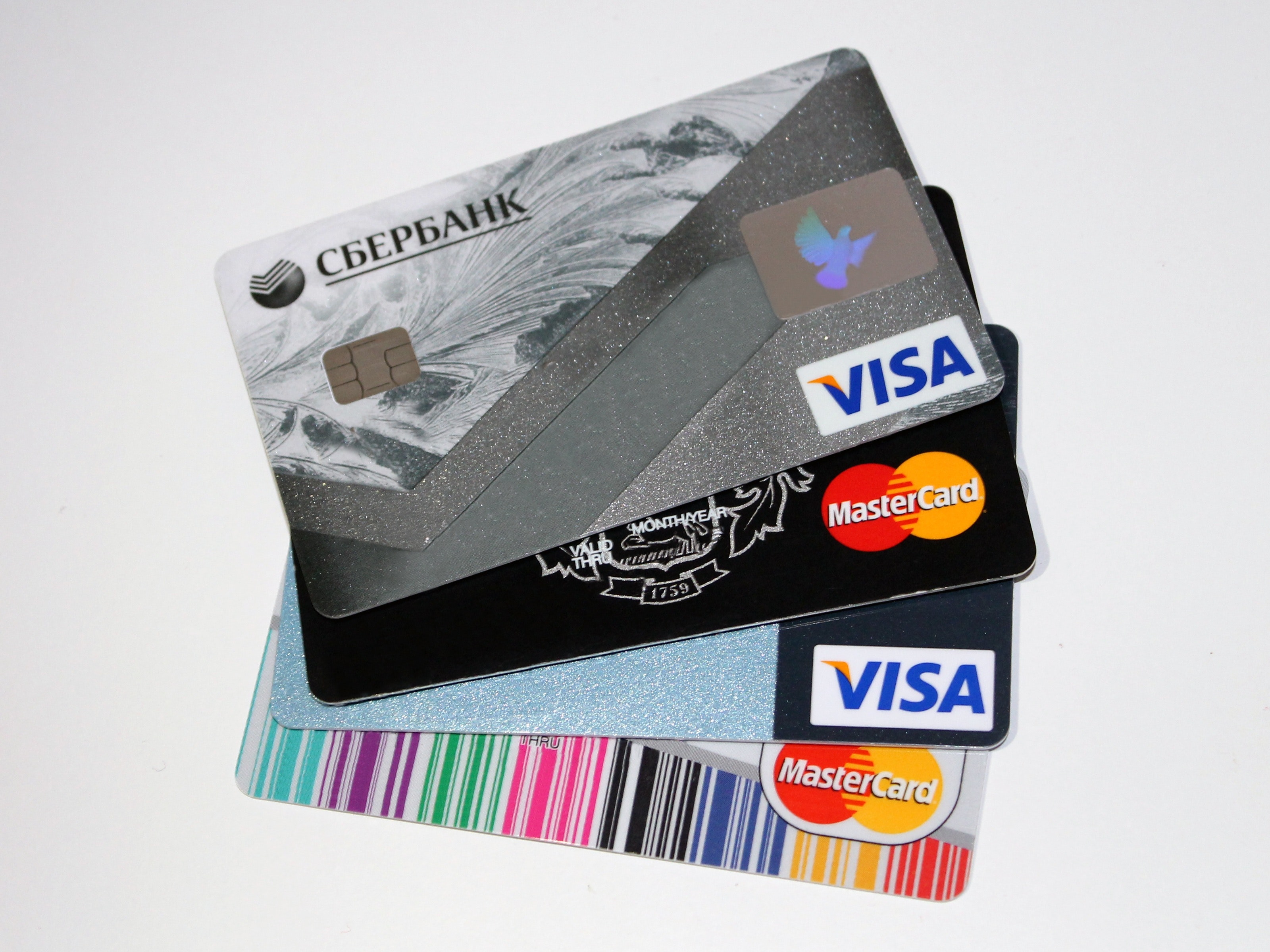If you know you have a move coming up, it is a good idea to ensure you have a good credit score. It is important to know your credit score, as that is a large factor in determining where you will be able to live. There are a few things you can do to improve your score prior to a move. Let's get started!
What is a credit score?
To refresh, a credit score is a value calculated by considering your past financial transactions. This can help determine the "creditworthiness" of a person. Your credit score is considered for large purchases like a home or long-term rental to ensure the owner that payments will be made on time.
Credit scores typically range between 300-850. A score around 700 is considered healthy and will help ensure you secure the living arrangements you desire. Since your borrowing allowance is advised by your credit score, it is a large factor when determining options for housing.

Photo by Sharon McCutcheon on Unsplash
How to Build Your Credit Score: A Quick Guide
1) Educate Yourself
The first step in building a good credit score prior to the big move is to know your personal finances. Take some time to build out or revisit your budget. Consider the percentage of your income that you spend on housing and how much you could comfortably spend in the future.
Do some independent research on what factors go into calculating a credit score. Each person spends their money in their own way, so you will find some helpful tips for your personal spending tendencies.
Some people think that checking your credit score lowers the score, but that is a misconception. In fact, some banks have programs that make it easier to check your credit score and even suggest personalized tips to improve your score. Check with your bank to see what might be offered for you.

Photo by Carlos Muza on Unsplash
2) Set Up Automatic Payment
If it is possible, set up automatic payment for your credit cards and bills. On-time payment is one of the most significant contributors to credit scores. If you never miss a payment, it proves your financial security to future lenders. Additionally, you will be given lower interest rates on loans as a reward for having established good payment practices.
3) Know Your Credit Limit
For credit cards you currently use, know the limit and respect it. Credit limits are put in place for a reason, so avoid overspending. Maintain low balances on your credit cards. You can even pay cards off twice a month if it helps prevent overspending.

4) Clean Up Your Credit Presence
Consider all of the credit cards you have, carefully noting the credit limit and the length of time you've held the card (the credit age). Before closing any cards, make sure you understand how it will impact your credit score. Additionally, know that submitting multiple applications for loans and credit cards will lower your score, so only apply for credit when absolutely necessary.
5) Keep a Close Eye on Your Accounts
This is a good habit to be in, whether or not you are trying to build credit. Fraud and identify theft can deliver serious blows to your credit score. Uphold safe payment practices and know the immediate steps to take if you feel your accounts have been compromised.

Once your finances are prepared, you'll be ready to start thinking about all the other parts of the big move! Here are a few of our other popular guides to help you along:
- Four Ways to Prepare for an International Move
- How To: The Renter's Resume
- How Do You Settle-In?
- 5 Simple Ways to Make Temporary Housing Feel Like Home


